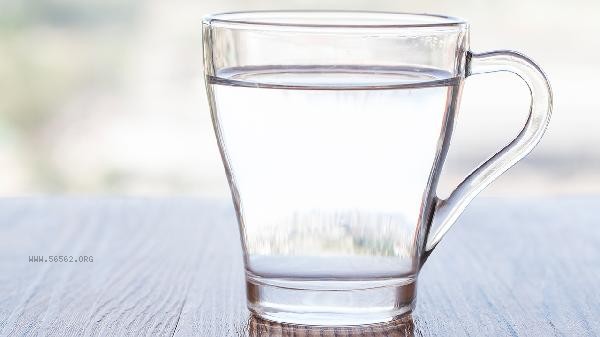Moderate consumption of rice washing water may help supplement small amounts of vitamin B and minerals, but it should not be used as the main source of nutrition. The potential effects of rice washing water mainly include promoting digestion, assisting skin health, providing micronutrients, alleviating mild inflammation, and improving water hardness.

1. Promoting digestion
Rice washing water contains a small amount of starch and soluble dietary fiber, which may help soften food residues and promote intestinal peristalsis. People with weaker gastrointestinal function may experience reduced postprandial bloating after drinking, but excessive consumption may cause acid reflux. It is recommended to boil and cool the rice water before drinking in small amounts to avoid ingesting residual pesticides.
2. Assist in skin health
Vitamins B1 and B3 in rice washing water may have a slight effect on skin barrier repair, and are commonly applied topically to the face to alleviate redness after sun exposure. When taken orally, its antioxidant content is limited, far less than fresh vegetables and fruits. People with sensitive skin should be alert to potential allergies caused by unfiltered impurities.
3. Providing Trace Nutrients
The minerals such as potassium and magnesium on the surface of rice are partially dissolved in water during the washing process, but their content is significantly affected by the rice variety and washing frequency. The total amount of minerals in a cup of rice washing water is less than 5% of the daily requirement, and cannot replace the supplementing effect of milk or dark vegetables.

4. Relieve mild inflammation
Fermented rice water contains a small amount of lactic acid bacteria, which may indirectly improve mucosal inflammation such as oral ulcers by regulating gut microbiota. But its antibacterial effect is much lower than professional probiotic preparations, and patients with acute gastroenteritis should avoid relying on rice washing water for treatment.
5. Improve water quality hardness
Starch in rice washing water can adsorb some calcium and magnesium ions in the water, which are used in traditional cooking to soften ingredients in some areas. After the popularization of modern water purification technology, this use has gradually been phased out, and people who drink high hardness water for a long time still need to rely on professional water purification equipment. As a cooking byproduct, rice washing water has limited nutritional value and poses a risk of pesticide residue. It is recommended to prioritize obtaining nutrition through a balanced diet. When consuming rice washing water, it is necessary to ensure the safety of the rice source and boil it thoroughly. Patients with gastrointestinal diseases or malnutrition should consult a nutritionist to develop personalized plans to avoid delaying treatment due to excessive reliance on folk remedies. It can be used for watering plants or cleaning utensils in daily life to achieve resource recycling.










Comments (0)
Leave a Comment
No comments yet
Be the first to share your thoughts!